For context, I asked a question earlier today about matching company names with various variations against a big list with a lot of different company names by using the "stringdist" function from the stringdist package, in order to identify the companies in that big list. This is the question I asked.
Unfortunately, I have not been able to make any improvements to my code, which is why I'm starting to look away from stringdist and try something completely different.
I use Rstudio, and I've noticed that the internal search function in that program is much more effective:
As you can see by the picture, simply searching for the company name in the top right corner gives me the output that I'm looking for, such as the longer name "AMMINEX EMISSIONS..." and "AMMINEX AS".
However, in my previous attempt with the stringdist function (see the link to my previous question) I would get results like "LAMINEX" which are not at all relevant, but would appear before the more useful matches:
So it seems like using the algorithm that Rstudio uses is much more efficient in my case, however I'm not quite sure if it's possible to replicate this algorithm in code form, instead of having to manually search for each company.
Assuming I have a data frame that looks like this:
Company_list <- data.frame(Companies=c('AMMINEX', 'Microsoft', 'Apple'))
What would be a way for me to search for all 3 companies at the same time and get the same type of results in a data frame, like Rstudio does in the first image?

